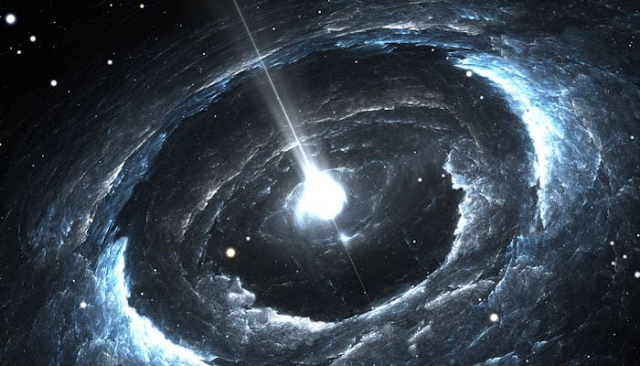The Origins of the Universe: A Journey Through Theories and Overlaps
The question of how the universe came into existence has captivated the minds of scientists, philosophers, and theologians for centuries. Over the years, physicists have developed various theories in an attempt to explain the origin of our vast cosmos. This article will delve into the fascinating world of cosmology and explore the different theories that seek to unravel the mystery of the universe's birth.
1. The Big Bang Theory:
The most widely accepted theory for the origin of the universe is the Big Bang Theory. Proposed in the 1920s by Georges Lemaître and later refined by Edwin Hubble, this theory posits that the universe began as a singularity, an infinitely dense and hot point, approximately 13.8 billion years ago. It then rapidly expanded, giving rise to the universe we observe today. The evidence for the Big Bang Theory includes the cosmic microwave background radiation and the observed redshift of galaxies, both of which support the idea of an expanding universe.
2. Inflation Theory:
The Big Bang Theory is further refined by the concept of cosmic inflation, introduced by physicist Alan Guth in the 1980s. Inflation theory suggests that the universe underwent a brief period of exponential expansion immediately after the initial singularity. This expansion helps explain the uniformity and large-scale structure of the universe we see today. While the evidence for cosmic inflation is still being studied, it is a compelling addition to the Big Bang Theory.
3. Multiverse Hypothesis:
One intriguing idea in cosmology is the concept of a multiverse. The multiverse hypothesis suggests that our universe is just one of countless universes that exist in a vast cosmic ensemble. Each universe within the multiverse may have different physical laws and constants, potentially giving rise to a wide range of possible universes. While this idea is still largely speculative, it raises fascinating questions about the nature of reality and the possibility of other universes beyond our own.
4. Quantum Cosmology:
Quantum cosmology attempts to merge the principles of quantum mechanics with the study of the universe's origins. It posits that the universe, at its most fundamental level, may have arisen from quantum fluctuations in a pre-existing quantum vacuum. This theory is still under development and faces significant challenges in reconciling the quantum world with the macroscopic universe, but it offers a unique perspective on the origin question.
5. String Theory and M-Theory:
String theory and its extension, M-theory, are ambitious attempts to provide a unified framework for all the fundamental forces of nature, including gravity. These theories propose that the fundamental building blocks of the universe are not particles but tiny strings or higher-dimensional branes. While string theory and M-theory have yet to be experimentally confirmed, they offer the tantalizing possibility of explaining the universe's origins in terms of these fundamental entities.
6. Loop Quantum Cosmology:
Loop quantum cosmology is an approach that combines principles of general relativity and quantum mechanics to describe the universe at the Planck scale, where the effects of quantum gravity become significant. It suggests that the universe may have experienced a bounce rather than a singularity, meaning that it had a previous existence before the Big Bang. Loop quantum cosmology offers new insights into the earliest moments of the universe.
The question of how the universe came into existence is a profound and ongoing scientific inquiry. Physicists have developed a range of theories, from the well-established Big Bang Theory to the more speculative multiverse hypothesis and quantum cosmology. While these theories may differ in their details, they all contribute to our understanding of the cosmos and the remarkable story of the universe's origin. As science continues to advance, we may one day arrive at a more complete and unified theory that explains the birth of the universe in all its complexity. Until then, the quest to uncover the origins of the universe remains one of the most captivating journeys in human exploration.



Comments
Post a Comment